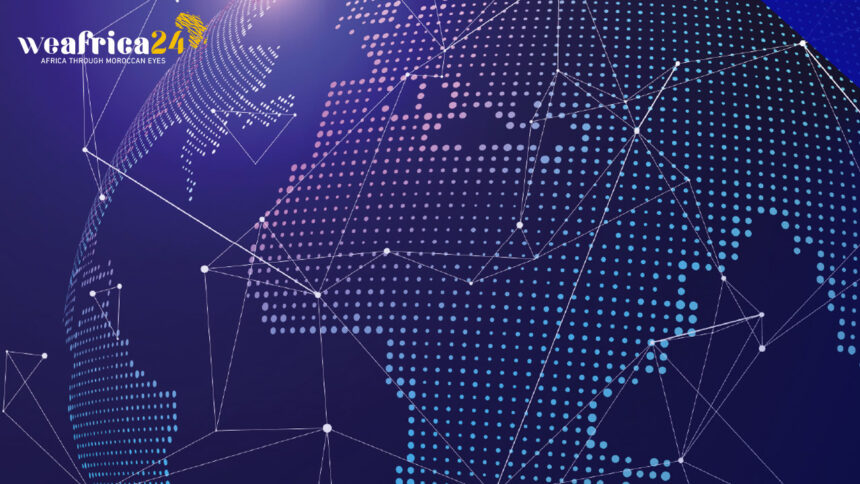Africa, often hailed as the “mobile continent,” is witnessing a remarkable transformation driven by the rapid growth of its digital economy. In recent years, the proliferation of fintech startups, the expansion of e-commerce platforms, and the embrace of technology have contributed significantly to the continent’s economic progress.
The Digital Revolution in Africa
Africa’s digital revolution is underpinned by an extraordinary increase in mobile phone penetration. With over 80% of Africans owning a mobile device, the continent has become a fertile ground for innovation and connectivity. This widespread access to technology has paved the way for a host of digital services and platforms, spearheading economic development.
Fintech’s Financial Inclusion Impact
One of the most notable aspects of Africa’s digital transformation is the rise of fintech, which is revolutionizing the financial sector. Fintech companies are addressing the longstanding challenge of financial inclusion, reaching previously underserved populations. Mobile money services, such as M-Pesa in Kenya, have become financial lifelines for millions, allowing them to save, transfer money, and access credit, even in remote areas.
Moreover, fintech startups are also disrupting traditional banking systems by offering innovative solutions like peer-to-peer lending, microfinance, and insurance through mobile apps. This not only promotes financial inclusion but also fosters entrepreneurship and small business growth.
E-commerce’s Surge in Africa
E-commerce is another dynamic driver of Africa’s digital economy. As more Africans gain access to the internet, the e-commerce sector is booming. Companies like Jumia, often referred to as “Africa’s Amazon,” are facilitating online shopping, offering a wide range of products and services. This shift has reshaped consumer behavior, making it easier for people to access goods and services, regardless of their location.
Additionally, e-commerce has opened up new opportunities for entrepreneurs and small businesses. The ability to reach a broader customer base and conduct transactions online has lowered barriers to entry and created a competitive landscape that fosters innovation.
Technology as the Catalyst
Behind the success of fintech and e-commerce in Africa is technology. The continent’s young, tech-savvy population is driving innovation and entrepreneurship. Mobile apps, artificial intelligence, blockchain, and data analytics are being leveraged to create solutions tailored to Africa’s unique challenges.
Technology is not only enhancing business operations but also improving sectors like healthcare, education, and agriculture. For instance, telemedicine is making healthcare more accessible, and e-learning platforms are expanding educational opportunities. In agriculture, digital tools provide farmers with weather forecasts, market information, and crop management tips.
Economic Impact and Future Prospects
The growth of Africa’s digital economy has profound economic implications. It has contributed to GDP growth, job creation, and increased foreign investment. African governments are recognizing the importance of this sector and are implementing policies to support its expansion, including regulatory frameworks for fintech and e-commerce.
Looking ahead, the potential of Africa’s digital economy remains vast. The continent’s youthful demographic, coupled with increasing internet penetration, sets the stage for further innovation and economic growth. However, challenges such as digital infrastructure development, cybersecurity, and data privacy must be addressed to sustain this growth.
Africa’s digital economy is not merely a technological shift; it is a socioeconomic transformation that is reshaping the continent. Fintech, e-commerce, and technology are key drivers of this change, promoting financial inclusion, empowering entrepreneurs, and driving economic progress. As Africa continues to harness its digital potential, it is poised to redefine its role in the global economy, offering a wealth of opportunities for both its citizens and the world at large.







